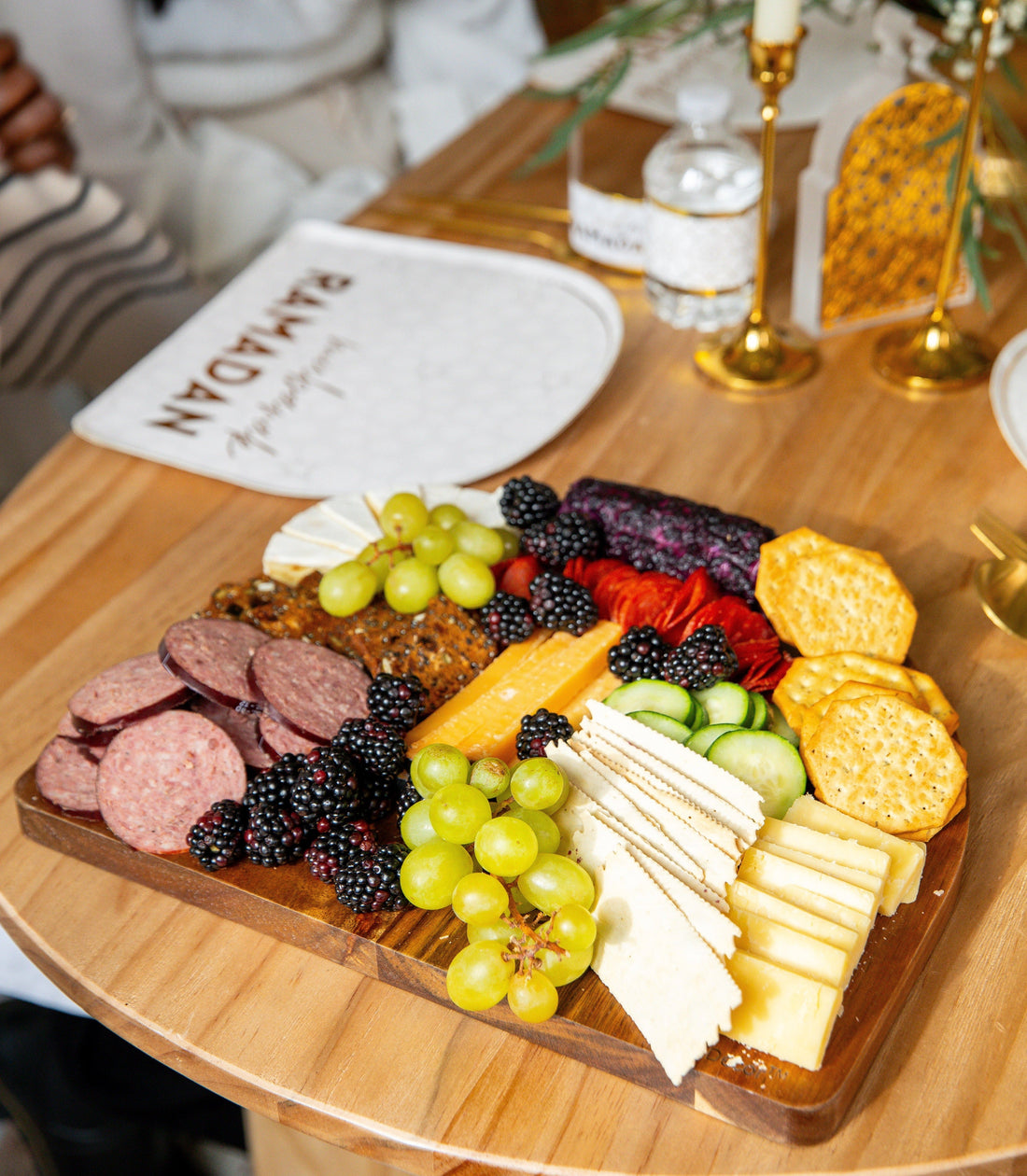The significance of food during Ramadan
Food during Ramadan is not only vital for physical sustenance but also carries spiritual, communal, and charitable significance. It transforms meals into acts of worship, gratitude, and unity.
Traditional foods for Suhoor (pre-dawn meal)
Traditional foods for Suhoor (the pre-dawn meal), vary across cultures but generally focus on providing lasting energy and hydration to help sustain individuals through the day of fasting.
The Sunnah of Prophet Muhammad (PBUH) is to have a light meal. Some recommend prophetic foods include dates, eggs, honey, olives, lentils, fish, and rice.
Nutrient-rich options to sustain fasting
Nutrient-rich foods for Ramadan include fruits, vegetables, carbohydrates (such as whole grains), protein-rich foods (such as eggs and nuts), healthy fats (such as avocado) and plenty of water.
Popular dishes from different cultures
Here are some popular dishes from around the world during Ramadan:
Lentil Soup - Middle East
Samosa/Sambusa - Middle East, Central & South Asia, Africa
Ramazan Pidesi - Türkiye
Qatayef - Levant and Egypt
Haleem - Indian Subcontinent
Nisalda - Uzbekistan
Chorba Frik - Algeria
Zoolbia - Iran
Iftar (breaking the fast): Key components of the meal
Iftar is the sunset meal after a day of fasting. The initial breaking of the fast typically starts off with a date and a glass of water or some other type of drink (such as a fruit juice or sweet milk).
After that there can be a range of dishes that may include fruit, salads, soups and other appetizers (such as pastries and fried savouries).
Dates: A staple for breaking the fast
It is a sunnah (tradition of the Prophet Muhammad (PBUH) to break fast with dates. Due to this, many Muslims adopt this habit to gain blessings from Allah.
Dates also have many health benefits and are a good source of nutrients, vitamins, antioxidants, potassium, magnesium, iron, copper, phosphorus, and calcium.
Hydration: Drinks that replenish energy
Drinks that replenish electrolytes and energy during Ramadan are a good way to keep hydrated. This includes drinks such as coconut water, watermelon juice, lemon water, and herbal tea.
Savory dishes and desserts to celebrate the evening
There are a range of savoury dishes that people tend to eat during Ramadan. This includes (but is not limited to) - samosas, lentil soup, stuffed grape leaves (dolma), salads (such as fattoush or tabouleh), biryani, kebabs and meat pies.
Celebratory desserts include dates, baklava, qatayef, rice pudding, kunafa, basbousa and jalebi.
Healthy eating tips for Ramadan meals
Here are our healthy eating tips for Ramadan:
-
Don’t miss Suhoor or iftar!
-
Avoid overeating at suhoor and iftar
-
Drink plenty of water (from iftar up to the end of suhoor)
-
Limit fried foods, sugary foods and overly salty food

